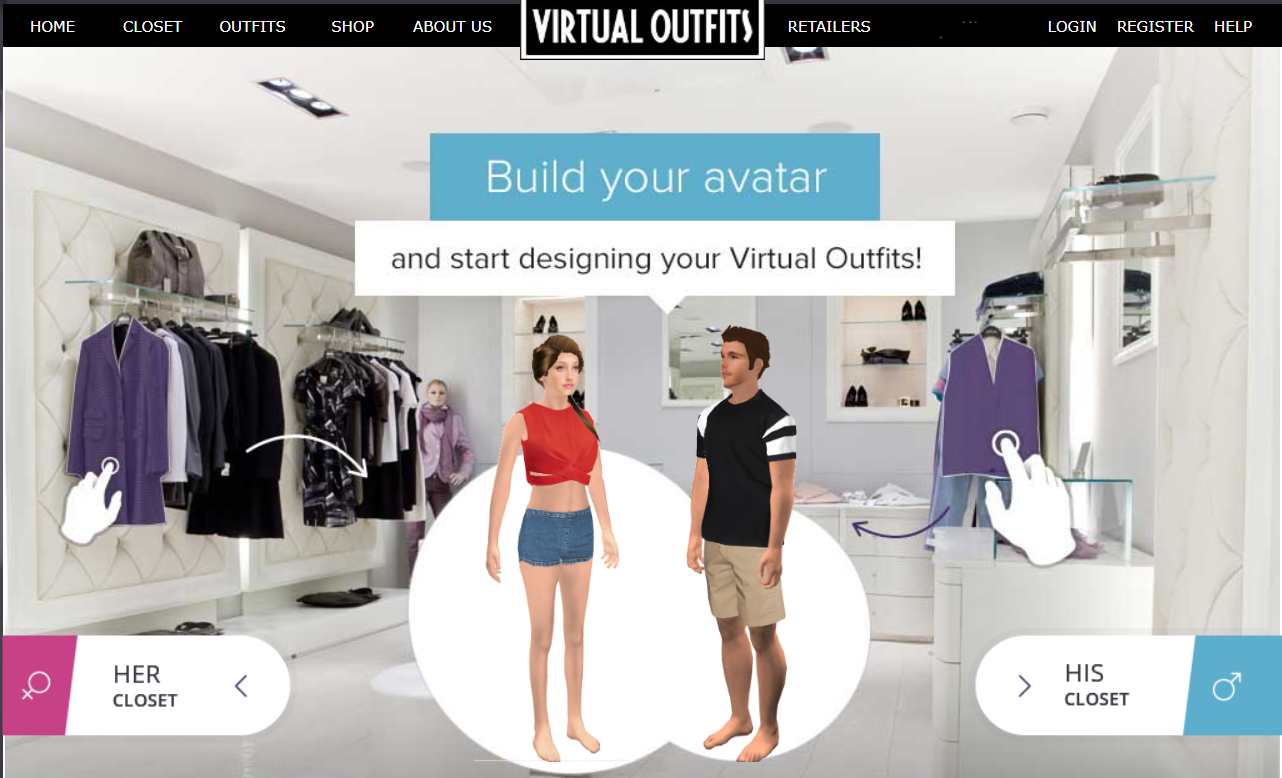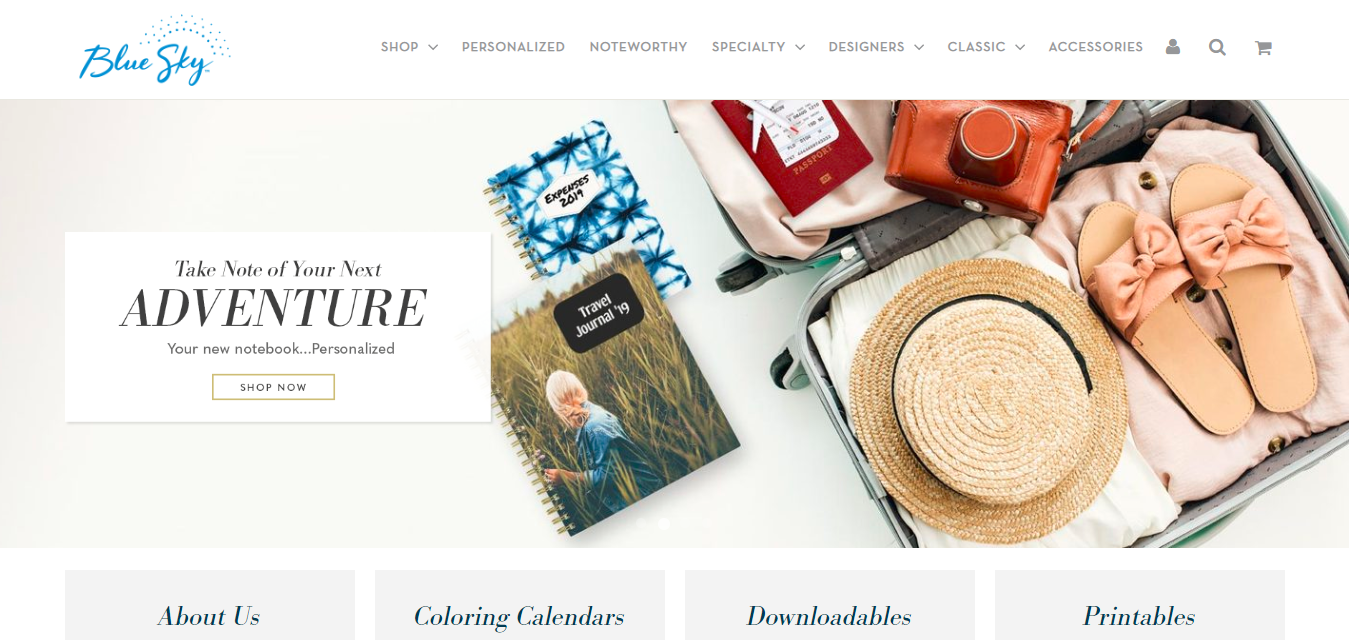Product Customization: Why do it?
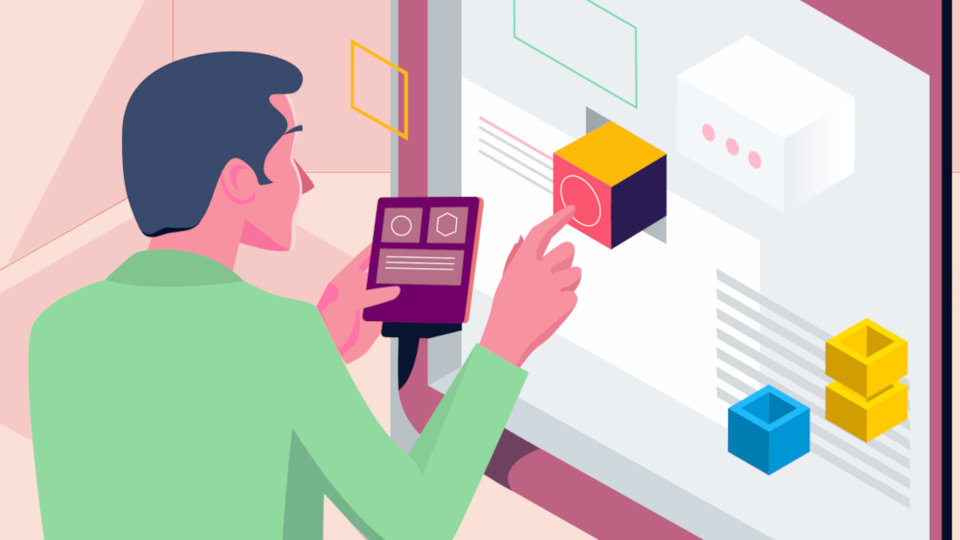
A study conducted by Deloitte discovered that 1 in 5 buyers is willing to pay 20% extra for a personalized product. Why? Getting exactly what you want for the price that you pay is better than getting what everybody else is for the same price. In other words, a personalized product is always better than a generic product and people are willing to pay extra for that.
Regardless of the kind of business you’re conducting, personalization and customization should be at the top of your business strategy. There are a few reasons for that, but first, what is customization?


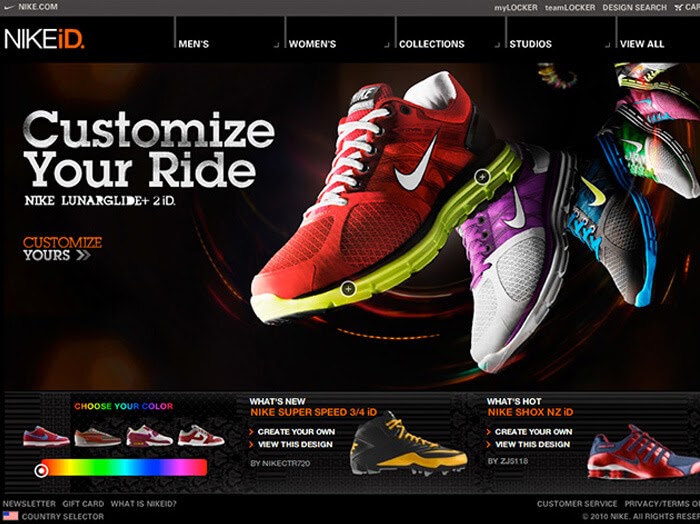
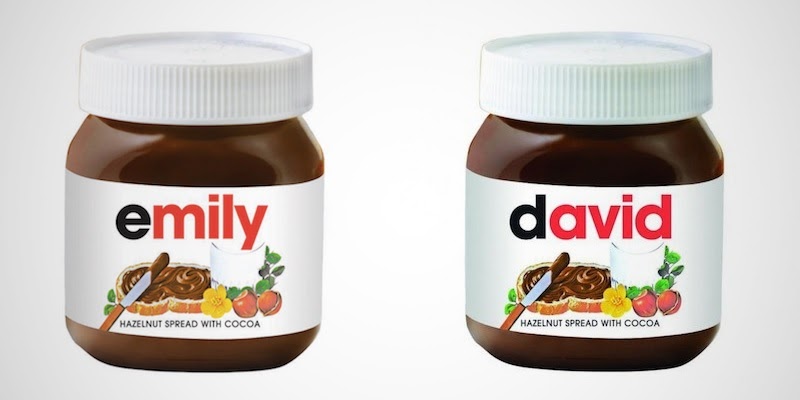
Virtual Outfits
Users of Virtual Outfits can personalize the avatar with their measurements and try on different clothes, ask for feedback from other users, and buy the clothes. The platform has become a social network of sorts, increased customer engagement and, consequently, revenue. Read the case study for more information.
Regardless of the kind of business you’re conducting, personalization and customization should be at the top of your business strategy. There are a few reasons for that, but first, what is customization?

What is product customization/ personalization?
Product customization is a process where a customer receives products or services tailored specifically to fit their needs and desires. Customization or personalization can be done by a few clicks upon the purchase of the product or services or by speaking directly to the merchant and asking to make specific changes. The method of personalization heavily depends on the kind of business you run, however, it should be easy to accomplish and efficient for both, the customer and the merchant.5 Benefits of product customization
Before the 21st century, product customization was practically non-existent. The reason for that was the lack of technology. Now, that technology is here, businesses all over the globe start customizing their products and services to fit their clients’ needs. Here are 5 reasons why you should do that too:1. Customer loyalty.
A happy customer is a repeat customer. Maintaining a base of regular, repeat customers is just as important as attracting new ones. In fact, attracting new customers is 5-25% more expensive than retaining an already existing customer. Customization is a great way to retain existing customers and grow customer loyalty. Everyone likes to get exactly what they want for the money they’ve spent, so it is important that you engage your customers in a personalized way and allow them to create and buy products they want to. Customers who are happy with their unique product will more likely recommend it to their friends.
2. Process optimization
Besides turning your one-time customers into loyal, repeat customers, product customization also saves their time. When done right, product customization optimizes processes that usually would take a while to perform. For example, here is a case study for a tool that helps doctors and technicians design custom joint implants. Without the tool, the process of making custom implants would last for about a month. With the tool, the process lasts around two weeks, from start to finish. Not only the patient gets the implant in a timely manner, but also cheaper than before.3. More accurate buyer persona
By analyzing customized purchases, you get to know your customer better. Knowing your customer better gives you insights into what kind of products or services they want to spend money on. With these insights in mind, you can offer a wider selection of already-customized products or create new ones based on trends and buying habits you spot. Eventually, you can start applying customization to your marketing campaigns and reach a wider, more profitable audience.4. Cost efficiency
Some customized products cost to make more than generic. However, when speaking about customized services, customization becomes cost-effective for your customer. Most customizations made to a service save money or time on certain processes. Maybe even both. Your customer is grateful for the time and money your service helped them save.
5. Increase in sales
According to Invesp, 59% of business owners are experiencing good ROI after investing in customization. This means that not only you get a full return on your investment, but also that your customers love customization. People who buy customized goods don’t think of them as a product that someone else made and sold to them, they think of it as their own, as something they’ve made themselves.Examples of product personalization
Imagine opening your Netflix app and discovering a few Turkish TV drama series, an ad for a Swedish movie, and two TV shows you’ve already seen and didn’t like. Frustrating, huh? There are many customization examples, but let’s have a look at a few successful ones.NikeID
Nike has probably one of the most popular and successful examples of customization - NikeID. NikeID allows buyers to create their own shoes for $170. Customization opportunities here are endless: from the color to print and style of the shoe. By making their shoes customizable, Nike not only increased its revenue but also turned the customization into a great PR campaign.
Nutella
Customization doesn’t have to be expensive for your customers. Nutella is a great example of increasing customer loyalty, gaining new customers, and doing it all cheap. You can now order a jar of Nutella with a personalized label. You can customize it with your or your loved one’s name. It makes for a great birthday or Christmas present!

